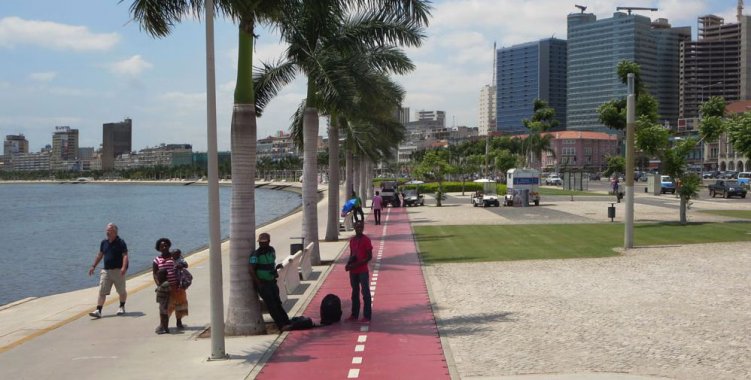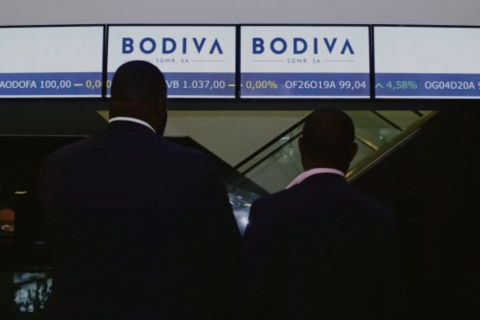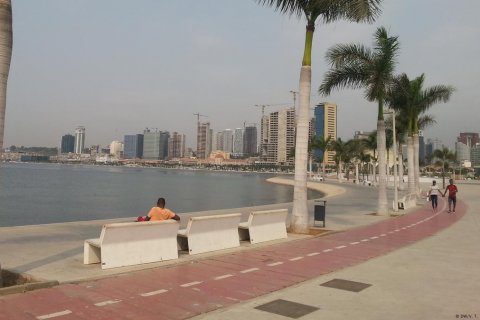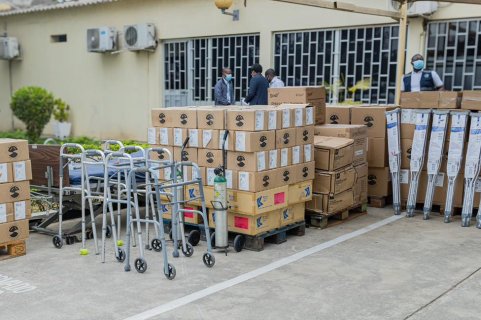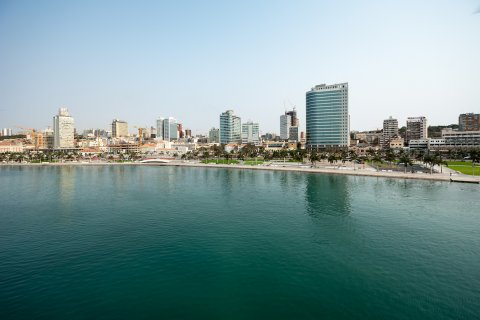"China seems to want to accept a freeze on all debt payments for at least a few years, so the terms under negotiation relate to the duration, not the scope of the payment freeze," write Eurasia analysts.
In a note on some African economies, sent to clients, which Lusa had access to, analysts Darias Jonker and Brittany Hughes write that João Lourenço, "in turn proposed that Angola cut oil exports to China, a mechanism used to pay off part of the debt.
For these analysts, the International Monetary Fund (IMF) will only agree to increase financial involvement in Angola if China accepts a postponement of payments.
"The IMF will probably expect a firm commitment from China to freeze all debt payments before reconsidering the size and structure of the 3.7 billion dollars financial aid programme for Angola," the analysts add.
Eurasia's comments came at the same time as Capital Economics argued that "the only surprise about the announcement that Angola would join the G20's Debt Service Suspension Initiative (DSSI) was the time it took.
"It seems the IMF has pushed Angola into debt restructuring; the Fund must have determined that public debt is unsustainable and that Angola can only receive more money if it restructures its debt," writes William Jackson, the analyst in charge of the African department at Capital Economics.
According to IMF estimates, Angola's debt to China alone, which is for oil deliveries, is around 15 per cent of GDP, so the idea that it will not be necessary to renegotiate the debt with private creditors is "optimistic".
"The government's suggestion that a more general renegotiation of the debt will not be necessary beyond the measures already approved seems optimistic; public debt is on the way to increasing to 120 to 130 percent of GDP during this and next year, so a more significant renegotiation, including with private creditors, will probably be necessary to put the ratio on a more sustainable path," concludes the analyst.
These comments come at a time when the United Nations Economic Commission for Africa has been meeting with African finance ministers following public discussion in African financial markets on how governments can honour commitments while investing in the spending needed to contain the covid-19 pandemic.
The assumption of the public debt problem as a central issue for African governments was well reflected in the concern that the International Monetary Fund and the World Bank dedicated to this issue during the Annual Meetings held in April in Washington, where they made funds available and agreed on a moratorium on paying the debts of the most vulnerable countries to these institutions.
On 15 April, the G20, the group of the 20 most industrialised nations, also agreed to a suspension of 20 billion dollars in bilateral debt for the poorest countries, many of which are African, by the end of the year, challenging private creditors to join the initiative.
In addition, the UNECA, among other institutions, is designing a plan to swap countries' sovereign debt for new concessional bonds that could prevent the funds needed to fight covid-19 from being used to pay creditors.
This financial mechanism would be guaranteed by a multilateral bank with a triple A rating, the highest, or by a central bank, which would convert the current debt into securities with a longer maturity, benefiting from five years of exemption from payments and lower coupons (interest payments), according to the UNECA.
Private creditors have also come forward with a plan to defer debt payments without influencing the ratings given by financial rating agencies, but fears that default could cut access to international markets have led few countries to announce debt restructuring to private creditors.
According to Fitch Ratings, Angola is expected to have to pay around 5 billion dollars this year.

